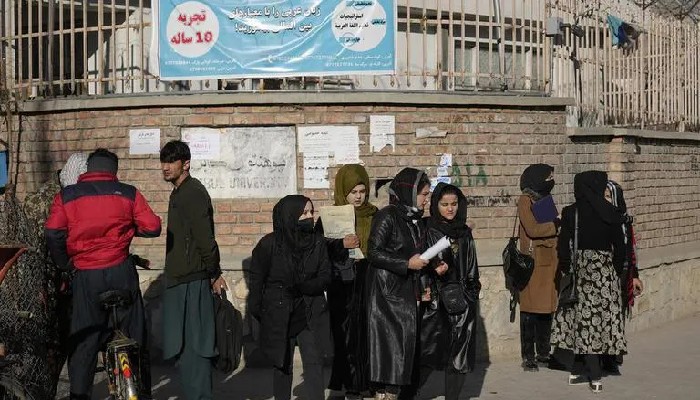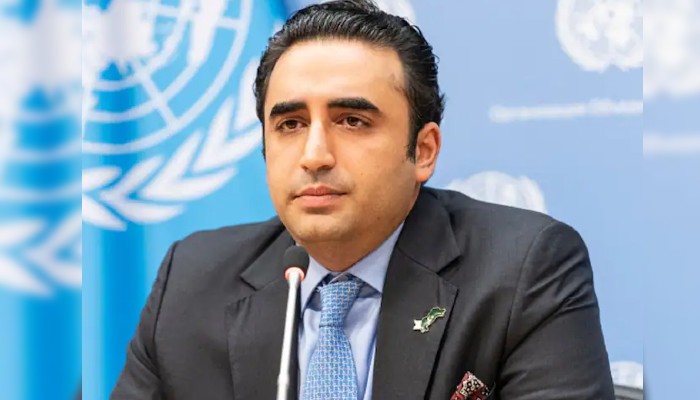Till March 31,2021, a total 1,44,520 publications were registered with the registrar of newspapers for India. Had India been an autocratic country, media would not have seen such a massive growth
Claim:
In a recent article, Al Jazeera said NDTV’s takeover has raised fears that one of India’s last bastions of the free press is under threat.
Counterclaim:
Al Jazeera is an internationally acclaimed news outlet and it knows well how India has emerged as a haven for media. Every year hundreds of periodicals get themselves registered with the registrar of newspapers for India (RNI). Till March 31,2021, a total 1,44,520 publications were registered with the registrar of newspapers for India. As of March 2022, approximately 898 tv channels were operating in India. Had India been an autocratic country, the media would not have seen such a massive growth.
A free press is a recipe for healthy democracy and India is enjoying it to its fullest. In contrast to western media’s negative, pejorative and biased opinion about the press freedom in India, there is altogether a different picture about the media’s situation in the country. A proof to this regard can be seen in the way both print and television media have spared no efforts in pulling up the central government or public authorities—sometime out of their dislike for the incumbent administration.
News portals like the Wire, Scroll.in and The Print, dailies like The Hindu, tv channels like India Today and periodicals and magazines like The Caravan very often dish out news stories which, in a single glance, show their knee jerk reaction to even those measures of the central government which have passed through the scrutiny of the Supreme Court. The Caravan, the magazine which produces its contents in digital format also, has started with video discussions on topical issues. In its latest video, the magazine has questioned the relevance of the EWS quota. “How the EWS quota hollows out SC, ST and OBC reservations.”
In a country like India, it is near impossible to gag the media, given that there is a legal binding to protect freedom of speech and expression in the country. Under Article 19 of the constitution, the right to freedom of speech and expression is sacrosanct.
“Freedom of speech and expression is sacrosanct and the right should not be ordinarily interfered with,” a three-judge Supreme Court bench headed by then Chief Justice Dipak Misra observed on November 17, 2017. In this backdrop, to maintain that India’s press is under threat is like belying the truth about Pakistan Army not surrendering to India with its 93,000 soldiers during the 1971 War.











 Contact Us
Contact Us
 Subscribe
Subscribe
 News Letter
News Letter
 Instagram
Instagram Youtube
Youtube